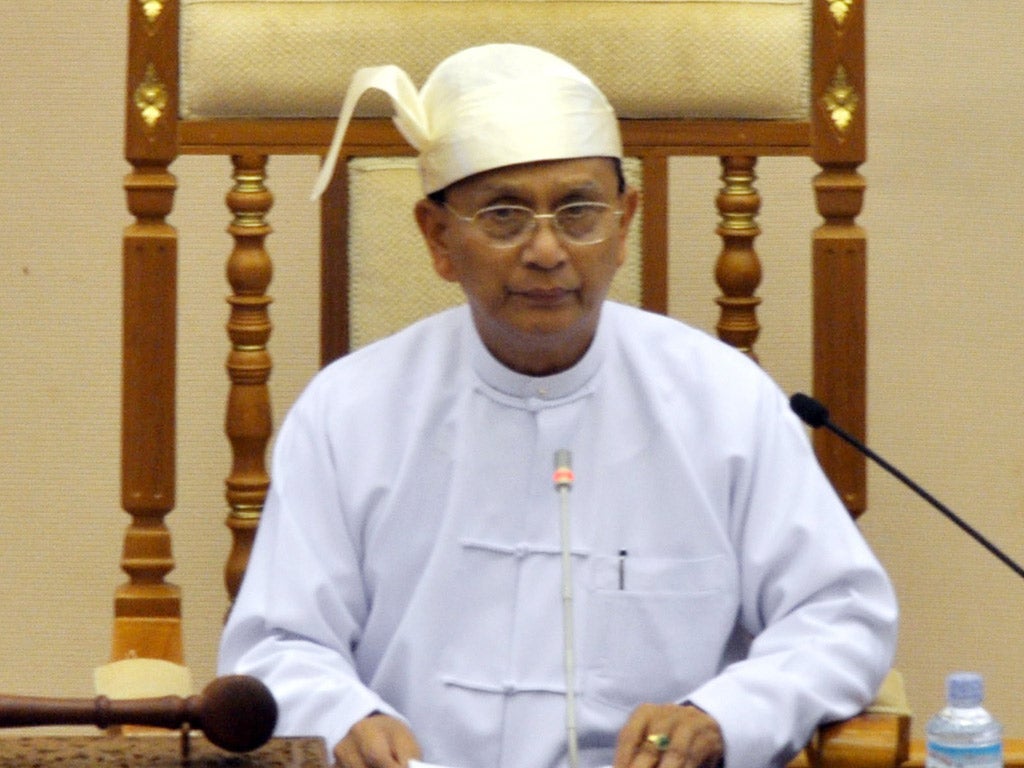State of emergency in Burmese city as 20 die in sectarian violence

Burma declared a state of emergency in the central city of Meiktila today after sectarian violence left at least 20 dead, reinforcing fears that the newly democratic country is struggling to contain simmering hatred between majority Buddhists and minority Muslims.
Whole streets were reduced to rubble and ash during violent attacks after a dispute between a Muslim jewellery shop owner and Buddhist customers quickly spiralled into mob violence. The killing of a Buddhist monk on Thursday further inflamed tensions as a curfew was imposed for a third consecutive night.
State television reported that President Thein Sein had declared a state of emergency in Meiktila – traditionally the home of Burma’s air force – as attacks spread to neighbouring townships.
The escalation in violence in the city, which sits between the purpose-built capital Naypyidaw and Mandalay, is eerily similar to riots which led to an estimated 200 deaths in the west of the country in June and October last year.
The United Nations warned that the latest violence could threaten recent political and economic reforms following the end of half a century of military rule two years ago.
Vijay Nambiar, a special adviser to the UN Secretary General Ban Ki-moon, said: “Religious leaders and other community leaders must … publicly call on their followers to abjure violence, respect the law and promote peace.”
The Foreign Office said the British Ambassador, Andrew Heyn, was “urgently raising the matter” with political and religious leaders in Burma.
Last year sectarian violence on a much larger scale in western Rakhine State left 120,000 people homeless.
Tens of thousands – mostly Muslims – remain in camps which aid groups have compared to the worst seen in Africa in recent years as food shortages persist and many of those displaced remain afraid to return home.
Buddhist communities in Rakhine have attempted to block efforts to rebuild Muslim homes in certain areas as whole communities have been reconfigured, prompting concerns of religious segregation in the region close to the Bangladesh border.
Join our commenting forum
Join thought-provoking conversations, follow other Independent readers and see their replies
Comments